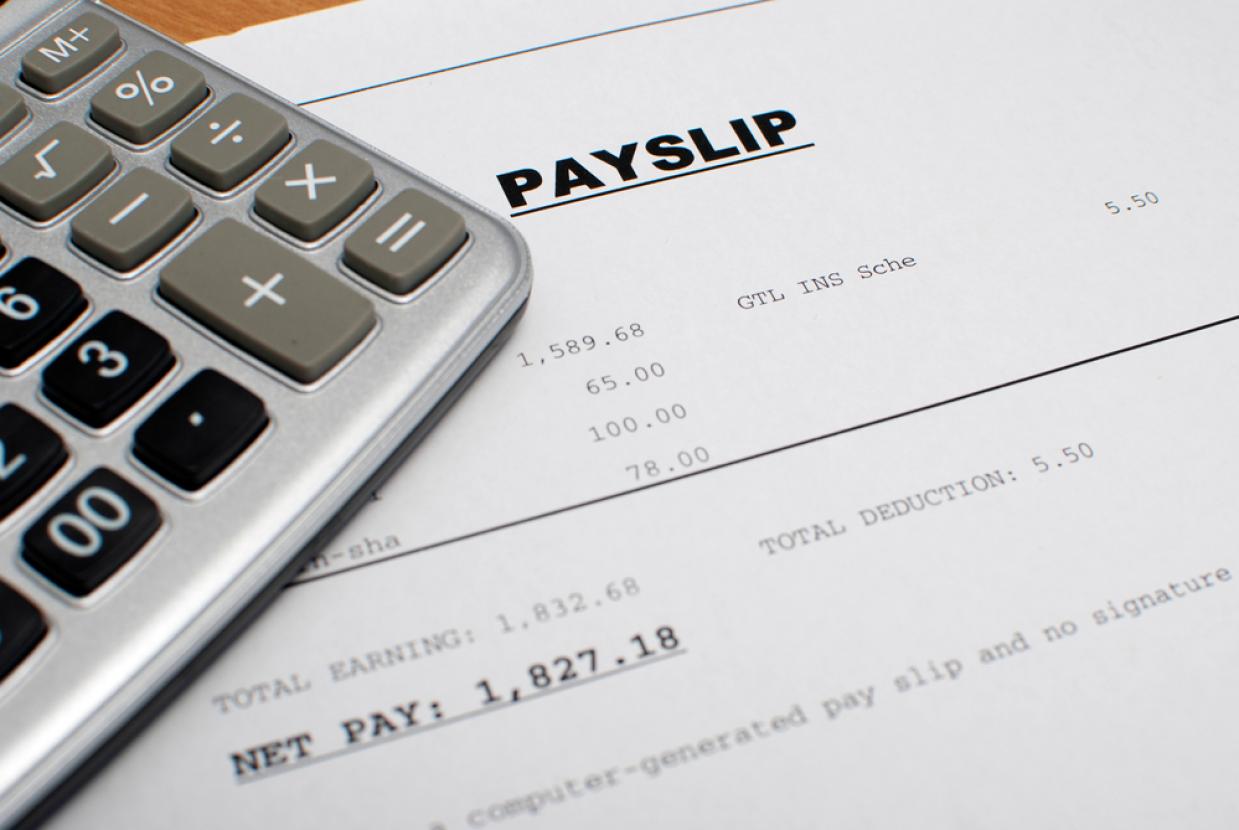What The 2023 Spring Budget Means For You
Cost of Living HelpIf you’re wondering how your household finances are going to be affected over the coming months, find out what the government has announced in its Spring Budget 2023.
Help with childcare costs
Big news for those who care for children, as the government has announced plans to expand the 30 hours of funded childcare in England, which can begin when the baby is just nine months old. This will be introduced in stages.
At the moment, 30 hours of free childcare can be claimed for children aged three and four, but this is being extended to cover children from nine months to two. This is only in eligible households – in eligible nursery settings - where all adults are working at least 16 hours a week.
If you’re a working parent of a two-year-old, you’ll be able to access 15 hours of funded care from April 2024. That 15 hours will be extended to all children from nine months up from September 2024.
The goal for the government is that from September 2025, every single working parent with a child under the age of 5 will have access to 30 hours of free childcare per week.
Parents and carers on Universal Credit who live in England, Scotland and Wales who want to go back to work or want to increase their hours will have their childcare costs paid upfront.
There will be intensive Work Coach support for people in work and their partners. The government will also strengthen job support for anyone who is a lead carer of young children and who currently has no or limited requirements to search for and prepare for work.
The government will also increase the maximum parents on Universal Credit can claim in childcare costs per month to £951 for one child and £1,630 per month for two children.
You can do a quick check to see if it’s worth moving to or claiming Universal Credit using our Benefits Calculator. But if you’re already getting benefits (particularly tax credits) you should speak to a benefits expert who will be able to help you work out what’s best for you before you make a claim because you can’t go back to your old benefits once you’ve made a claim for Universal Credit.
The government also plans to help with wraparound care. All schools in England are to offer childcare either side of the school day for children by September 2026.
To help parents and carers who work (or want to work), the government will fund schools and local authorities to increase the care they can provide, so all school-age parents and carers can drop their children off from 8am and pick them up around 6pm. However, this care is not likely to start rolling out until 2024.
Help to Save scheme extended
The government will extend the Help to Save scheme by 18 months until April 2025. This scheme encourages people who are getting Universal Credit or Working Tax Credit to save, by matching contributions of up to £50 a month. If you’re able to do this, it is a really good way to build up a savings buffer.
Extra support with energy bills
A lot of people were worrying about the Energy Price Guarantee (which limits a typical household’s annual energy bill to £2,500) ending after an expensive winter. So it’s welcome news that it will be extended for another three months.
It had been due to increase to £3,000 in April but will now remain in place until 1 July 2023. Experts have predicted that energy prices will start falling this summer, so keep an eye out for better deals.
However, the government’s Energy Bill Support Scheme (EBSS) ends in March. This means you’ll no longer receive the vouchers or payments of £66 or £67 a month towards your bills.
The government has also said that it plans to end the extra costs that those with prepayment meters pay. The government is addressing one of the things that cause prepayment meter users to pay more than direct debit. This should make it fairer.
Pensions
A big announcement was that the government will be abolishing the lifetime allowance limit on pensions from April 2024. They hope that people will stay in work longer, so don’t want to cap how much people can put into their private pensions.
The lifetime allowance currently means that if you put in more than £1.07m you will likely have to pay an additional charge, but that charge will be removed from 6 April 2023.
This means that consumers looking to benefit from changes to the lifetime allowance can do so from April 2023 rather than waiting until it is abolished in April 2024.
If you’re currently working, from 6 April 2023 you can save £60,000 into your pensions without incurring a penalty charge (whereas it was £40,000).
If you have already taken money from your pension and want to build up your savings again, from 6 April 2023, you’ll be able to save up to £10,000 a year into your pensions (it was £4,000).
Fuel duty remains at current levels
The government is continuing to support households and businesses by maintaining the rates of fuel duty at the current levels for an additional 12 months through extending the temporary 5p fuel duty cut and cancelling the planned increase in line with inflation for 2023/24. This support is worth around £200 for the average car driver.
Help for people with long-term sickness or disabilities
The government is introducing a voluntary scheme called Universal Support which is to help people living with a disability search for appropriate jobs, without worrying about losing access to benefits.
There will also be the Work Well programme that will support people with health conditions to stay in work or move into work.
The Chancellor confirmed the Work Capability Assessment will be abolished, and the government will begin separating someone’s entitlement to benefits from their ability to work. Details of when this will happen are still to be worked out.
Help for foster carers
There will be extra help for foster carers, as the government will nearly double the care relief threshold to £18,140 to give a tax cut to a qualifying carer, worth an average of £450 a year.
Alcohol duty going up for imported beer, cider, wines and spirits
Duty rates of all alcoholic products produced in, or imported into, the UK will increase in line with RPI.
Draught Relief will increase from 5% to 9.2% for beer and cider draught products and from 20% to 23% for wine, spirits based and other fermented draught products. These changes will take effect from 1 August 2023.






































































